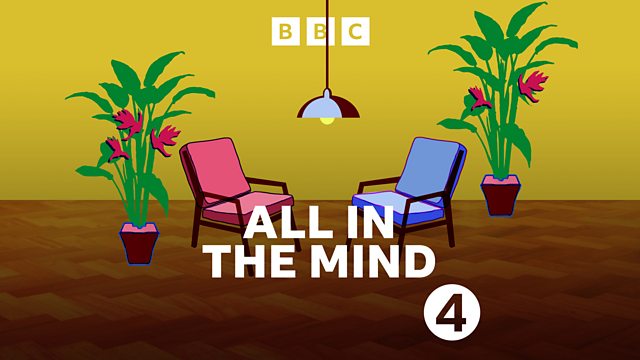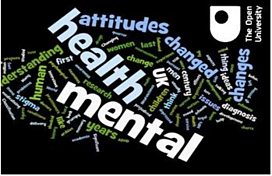Wellcome Trust Mental health initiative; teenage sleep; choices children make
What really works when it comes to preventing and dealing with mental health difficulties? Claudia Hammond hears of a major new initiative to address young people's mental health.
What really works when it comes to preventing and dealing with mental health difficulties? Can a world exist in which no one is held back by mental health problems.? That鈥檚 the vision of Professor Miranda Wolpert Head of the Mental Health Priority Area at the Wellcome Trust. With 拢200million to spend over five years, Miranda Wolpert and her team are taking a radical new approach to addressing anxiety and depression in 14- to 24-year-olds. Claudia hears about her new vision in addressing mental health problems in young people
Sleep problems are common in adolescence, and often related to anxiety and depression. But one factor which might be affecting mental health in people in their twenties is how they slept as teenagers, according to new research from Faith Orchard - lecturer at the University of Sussex. She disentangles exactly what is going on and teases apart the specific sleeping difficulties involved in the complex relationship between sleep, anxiety and depression.
We use various mental shortcuts to save our brains effort. One of those is that when we鈥檝e made a choice in the past and rejected one option, we carry on rejecting that option and downgrade the thing we didn鈥檛 choose and actively avoid it if we are offered it again. And until now what wasn鈥檛 realised was that infants who of course have far less sophisticated thinking processes, do it too. Does this mean it鈥檚 intuitive, rather than something we learn to do? Alex Silver from the University of Pittsburgh dissects the evidence
Producer Adrian Washbourne
Last on
![]()
All in the Mind is produced in association with The Open University
Broadcasts
- Tue 8 Dec 2020 21:0091热爆 Radio 4
- Wed 9 Dec 2020 15:3091热爆 Radio 4
Podcast
-
![]()
All in the Mind
The show with the latest evidence on psychology, mental health and neuroscience.





